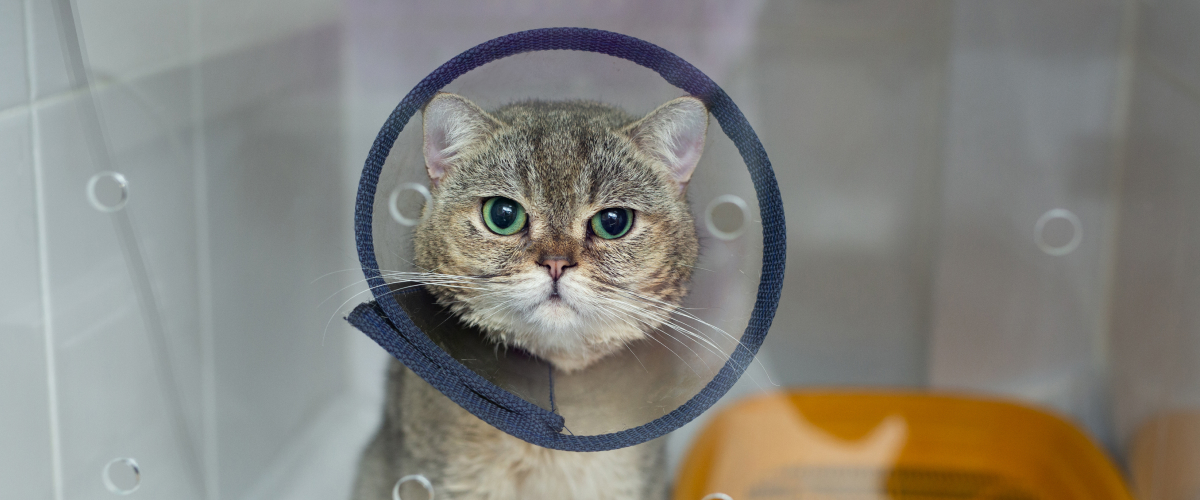Heartworm disease is a serious and potentially fatal condition in pets, caused by parasitic worms (Dirofilaria immitis) that reside in the heart, lungs, and associated blood vessels. This disease can lead to severe lung disease, heart failure, and damage to other organs in the body. Senior pets, just like younger pets, can be affected by heartworm disease, but their advanced age can complicate the diagnosis and treatment process.
Heartworm Disease in Pets: Understanding Transmission and Symptoms
Heartworms are transmitted through the bite of an infected mosquito. The larvae enter the pet’s bloodstream and migrate to the heart and lungs, where they mature into adult worms. The lifecycle of heartworms involves several stages, starting from larvae (microfilariae) to mature adult worms that can live for 5-7 years in dogs and up to 2-3 years in cats. Symptoms of heartworm disease vary depending on the stage of the infection. In the early stages, pets may show few or no symptoms. As the disease progresses to the moderate stage, symptoms such as cough, fatigue, decreased appetite, and weight loss may appear. In severe cases, pets may experience heart failure, difficulty breathing, and a swollen abdomen due to fluid accumulation. Older pets may show more pronounced symptoms due to pre-existing health conditions.
Diagnosing Heartworm Disease in Senior Pets
Diagnosis of heartworm disease involves blood tests to detect the presence of heartworm proteins (antigens) and microfilariae. Imaging techniques like X-rays, echocardiograms, and ultrasounds may also be used to assess the extent of the disease and damage to the heart and lungs. Treatment typically involves adulticide therapy (e.g., melarsomine) to kill adult heartworms and microfilaricides to eliminate larvae. However, treatment in senior pets must be carefully monitored due to the increased risk of complications from the medication and the pet’s overall health status. In severe cases, surgical intervention may be necessary to remove adult worms.
Preventing Heartworm Disease in Senior Pets
Prevention is the best approach to managing heartworm disease. Monthly oral or topical medications and annual injections are effective in preventing heartworm infection. Regular testing is recommended, especially in areas where heartworm is prevalent. Reducing mosquito exposure by keeping pets indoors during peak mosquito activity and using mosquito repellents can also help.
Special Considerations for Senior Pets
For senior pets, regular veterinary check-ups are crucial to monitor their overall health and catch any signs of heartworm disease early. Treatment plans for senior pets must consider their age, general health, and any other chronic conditions they may have. Supportive care, including a stress-free environment, proper nutrition, and regular exercise tailored to their abilities, can help manage the overall well-being of senior pets undergoing treatment for heartworm disease. Preventing heartworm disease is essential, as treatment can be risky and complicated, especially for senior pets. Regular vet visits and adherence to preventive measures are key to maintaining the health and longevity of senior pets.
By understanding heartworm disease in pets, especially senior pets, and taking preventive measures, you can ensure your beloved companion stays healthy and happy. Regular veterinary check-ups and appropriate care are essential in protecting your pet from this serious disease.










